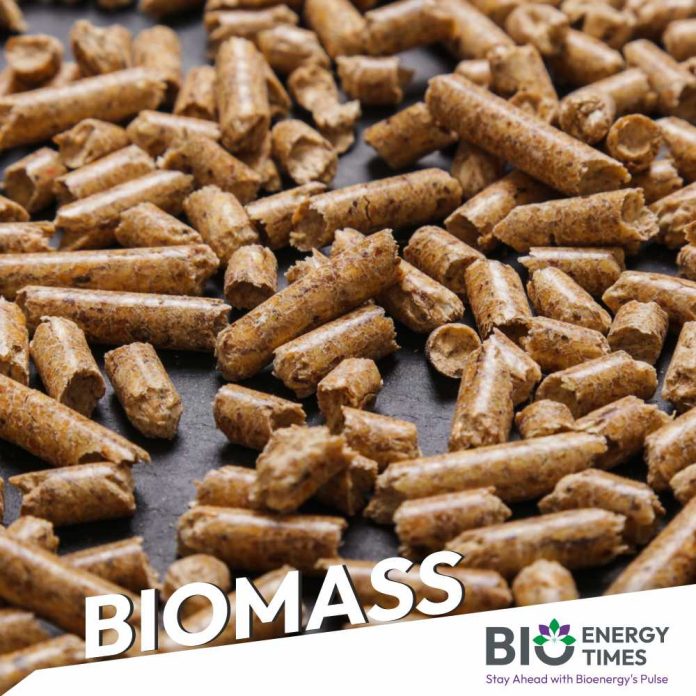Punjab’s state-run power plants will continue purchasing biomass pellets for fuel blending this year, possibly increasing their procurement slightly. Paramjeet Singh, Director Generation of Punjab State Power Corporation Limited (PSPCL), confirmed that the utility will adhere to the biomass utilization guidelines set in September 2021. According to Manjit Singh, Chief of Ropar power plant, both Ropar and Lehra Mohabbat plants are likely to purchase 2.5 lakh MT of biomass pellets each, similar to last year’s quantities, reported The Times of India.
The analysis conducted by PSPCL indicates that blending crop-stubble pellets with coal has raised the per-unit cost of electricity production. In 2022, PSPCL received only 100 MT of pellets despite placing a purchase order for 60,000 MT, due to shortages faced by manufacturers and suppliers, despite the conditions imposed for collecting paddy residue from Punjab.
In September 2021, the central power ministry mandated power plants to blend 5% biomass with coal within a year, primarily using pellets made from crop residue (torrified or non-torrified). The Commission of Air Quality Management (CAQM) directed coal-based thermal power companies within a 300-kilometre radius of Delhi to co-fire their units with biomass pellets.
The introduction of biomass pellets has added over Rs 500 crore in additional liability for PSPCL, a cost that will ultimately be borne by electricity consumers in Punjab. A source in the power sector explained, “The additional liability amounted to Rs 100 crore for every 1 lakh tonnes of biomass torrified pellets. For the Mansa plant alone, which requires approximately 3 lakh tonnes of pellets for 5% torrified usage, this equates to an additional liability of Rs 300 crore.”
Transitioning to biomass also necessitates capital investment in plant machinery, along with additional provisions for storage, handling, and installation of specific equipment such as conveyor-belt systems and loaders. Despite there being 14 manufacturers of non-torrified biomass pellets in Punjab, there is only one manufacturer of torrified biomass pellets in Mansa district, with another unit in progress in Patiala district. This limited production capacity reflects the specified usage and constrained demand for torrefied pellets among manufacturers, as noted by A P Vig, Chairman of Punjab Pollution Control Board (PPCB).















